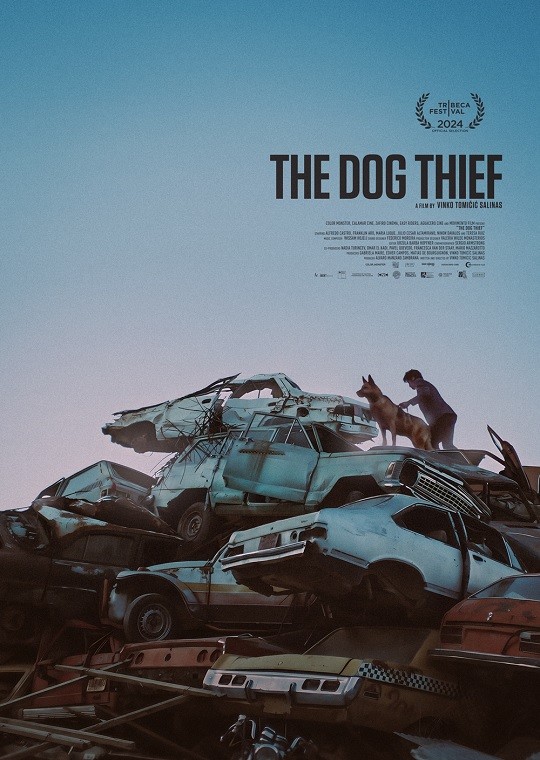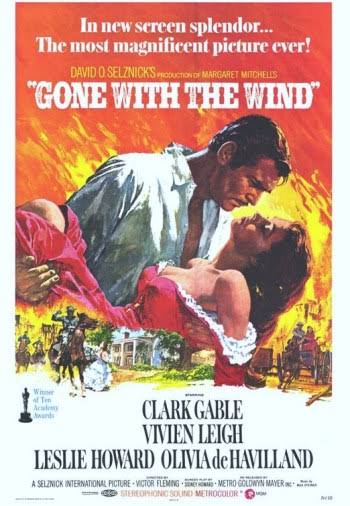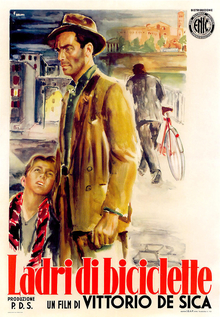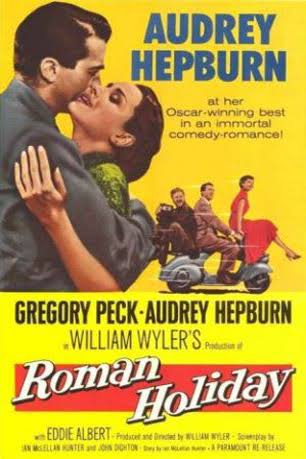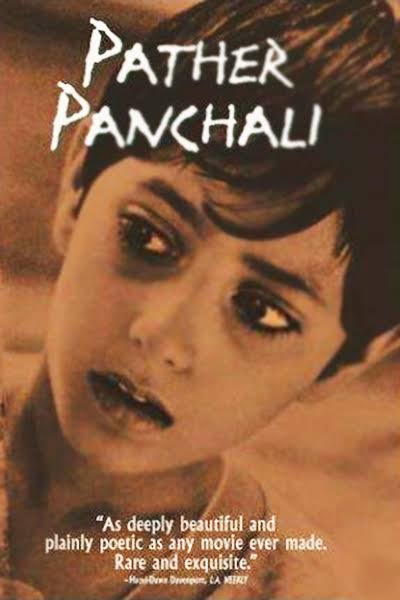The Dog Thief
Introduction
Loneliness has to be one of the most ignored facets of life that is even lesser talked about. And yet, you never know when it could hit you. One of the interesting aspects of loneliness is that it is age independent, which basically means that it could actually seep into your psyche at any given point of time. And while the loneliness in old age is the worst, the same is also applicable for impressionable minds who do not have a parental hand on their heads. With an uncertain future, loneliness is bound to compound the mental health issues too. As a part of our Tribeca Film Festival coverage, I happened to watch the Spanish language film The Dog Thief that offers a searing commentary on loneliness and the repercussions arising out of it. Does it manage to impress, let’s find out.
Story & Screenplay
The Dog Thief follows the story of a young teenager fending for himself on the streets of Bolivia by taking up odd jobs, who begins to suspect that his client might be his father. As a result, he decides to kidnap his German Shepherd with whom his client has a strong emotional bond. The story here offers an intimate portrayal of loneliness and uncertainty accompanying the life of the protagonist who begins to take up odd jobs post attending school. And the story is gently searing, providing a sneak peek into the psyche of the protagonist suffering from depression even as his future looks uncertain. The screenplay standing at a shade under 90 minutes is taut while being compelling and synpathetic in many ways in a drama that is packaged in the slice of life genre. Yet, the complexities of the personality of the protagonist shines through and through!
The drama opens with the introduction of the protagonist who is shown to be mildly bullied in his classroom. A sneak peek outside his world from the classroom reveals the hardships that the young soul faces, firstly as an orphan, and secondly taking up odd jobs for his daily survival. You could make out about his consciousness of being recognized that he uses a sort of a mask to cover his face to prevent his classmates from recognizing him(and in a scene, they actually do and bully him much to his dismay). Amidst this, he begins to get attached to one of his clients on a much more emotional level. This is in contrast to the equation that he shares with his caretaker, who begins to have second thoughts on his custody, given that he is growing up, and with a fear that he shall be ‘attached’ to her. So ineffect, the young protagonist is all lonely in this world, expect for his connection with his client whom he begins to believe is his father.
The proceedings are subtly heartfelt with the whole kidnapping saga of the client’s dog just being used as a catalyst to get the protagomist closer to his client. The more you dig deeper into his psyche, the more you realise that he is getting lonelier by the day, and almost uncertain about his future as well. This decision of getting close to his client may have emerged from his subconscious, and while his partner-in-crime does the needful for some quick money, the vested interests of the protagonist are made clear in a little confrontational scene. This involves the two boys discussing a strategy to return the little pet back to the client in exchange for money, whereas in contrast to the suggestion, the protagonist stutters only to resent the idea by retorting to buy some more time. It was clear that he wished to spend more time with his client whom he thought was his father. The notable difference between the protagonist and the client could be seen wherein another character stops the protagonist from entertaining a restricted area given that he was from an indigineous origin, wherein the client wasn’t stopped. The societal differences were evident as well.
The events leading up to the final act are on predictable lines even as the warm foundation of the relationship of the protagonist with his client is shook after the latter gets to know about the supposed kidnapping. And many people may be thrown off by the ending although I thought it was a perfect reflection of the mindset of the protagonist. And I wish to explain a little of it, so SPOILERS AHEAD! In the final scene, you see the protagonist standing in his classroom and reciting lines about his mother. As the camera pans out, you see the classroom to be empty, signifying the loneliness of the protagonist as he is left to fend for himself in this big bad world. This was a bittersweet ending, almost heartfelt to the point wherein you feel sorry for the boy who really just needs a hug and a little bit of love. But alas, there isn’t anyone to guide him. The screening overall is well written and makes for a rather heartfelt watch.
Dialogues, Music & Direction
The dialogues are conversational with an underlying sense of emotion that laces the lines often. The BGM is sparingly used, often resorting to the rawness of the drama that signifies the flawed life of the protagonist coupled with an uncertain future that he is facing. The cinematography is beautiful comprising of wide shots that wonderfully capture the wide landscapes of Bolivia(and this might be my first film belonging to the region). The editing is taut and doesn’t stall the drama at any juncture. Director Vinko Tomicic does a swell job in subtly crafting a heartfelt tale of loneliness and uncertainty from the gaze of the 13 year old protagonist that quietly lingers on long after the film has ended. The underlying emotions that are tapped into are subtle but beautiful as well the direction is excellent overall.
Performances
The performances are excellent by the ensemble cast. Maria Luque and Julio Cecar Altamirano have their moments to shine. Teresa Ruiz as Andrea delivers a heartfelt act in a character that is quite affable. The veteran Alfredo Castro as Novoa is wonderful to watch wherein he performs his character with a lot of aplomb, dignity and grace. Franklin Aro as Martin does an incredible job particular with the way he uses his expressive eyes to reflect his pain. Often his blank stares are enough to reflect his psyche wherein he does a brilliant job in showcasing his vulnerability.
Conclusion
As a part of our Tribeca Film Festival coverage, The Dog Thief is a quietly moving tale of loneliness and uncertainty that makes for a wonderful watch. Highly Recommended!



